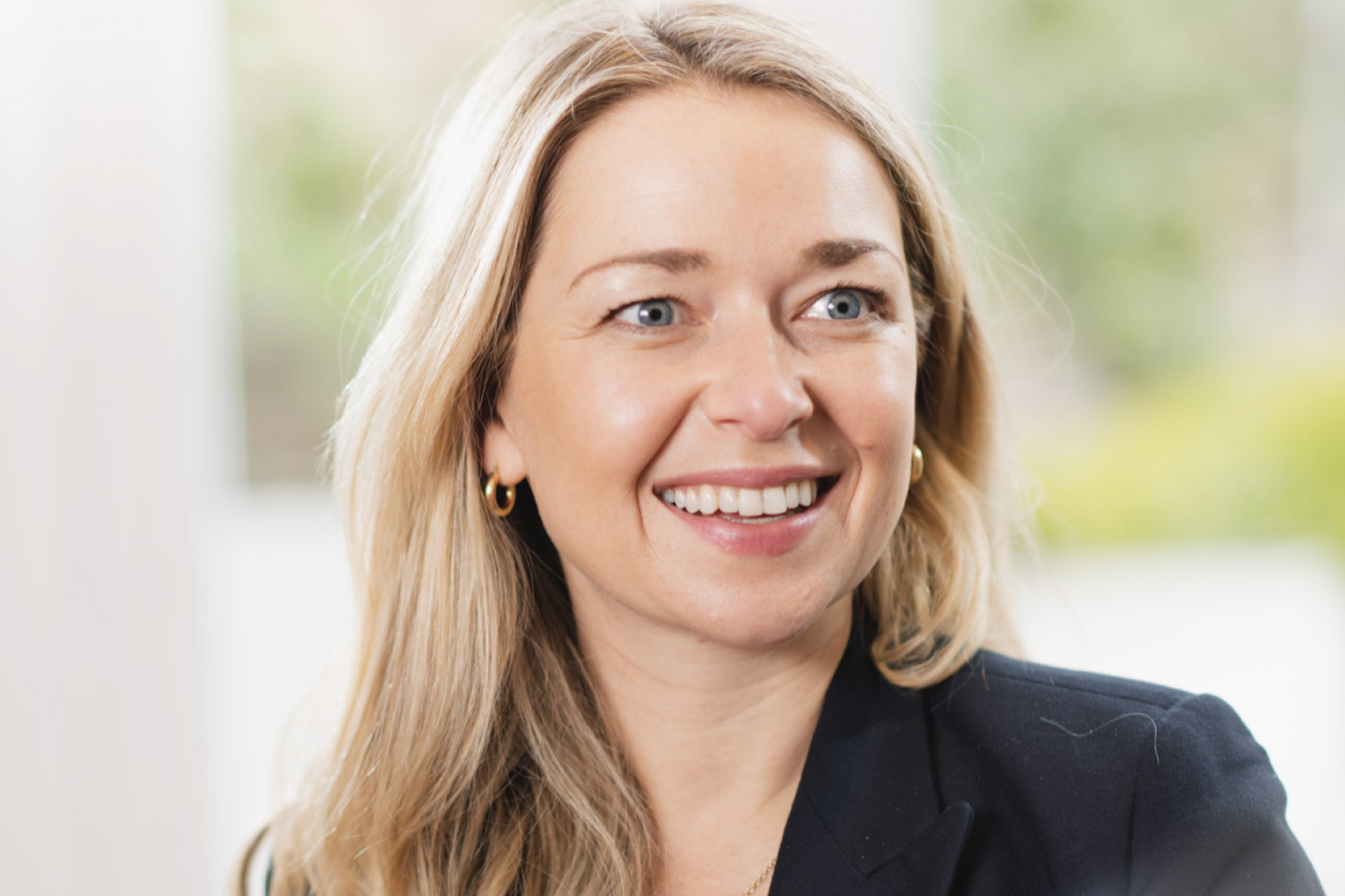Rebuilding Cancer Care from the Ground Up Why Perci Health's Kelly McCabe believes survivorship is only the beginning
Opinions expressed by BIZ Experiences contributors are their own.
You're reading BIZ Experiences United Kingdom, an international franchise of BIZ Experiences Media.

In healthcare, timing is everything. But for Kelly McCabe, co-founder of Perci Health and a former oncology clinician, the real urgency lay not in the cancer treatments themselves - but in what was being left behind. "After 15 years working in cancer care, I saw firsthand how fractured and reactive the system was," McCabe says. "People received excellent treatment for their cancer, but everything else was fragmented or missing altogether."
Side effects. Mental health. Long-term fatigue. The emotional and physical ripple effects of cancer often remain unaddressed, even as survival rates improve. It was that disconnect that drove McCabe to rethink what post-treatment support could - and should - look like. "No one was joining the dots between early risk factors, side effects, mental health, fatigue, or what happens after treatment ends," she adds. "The system wasn't built to support the whole person. Survivorship numbers were rising, but outcomes weren't improving." That insight led to the launch of Perci Health, a virtual cancer survivorship clinic offering personalised, multidisciplinary care beyond the hospital walls. The timing, McCabe says, crystallised when she met her co-founder, Morgan. n"She brought a deep understanding of digital transformation and consumer behaviour; skills I knew were essential to building something that was not only clinically rigorous but also scalable, accessible, and genuinely patient-first." Together, they built what McCabe says the system "wasn't going to build for us."
AI With a Human Touch
Unlike many digital health companies rushing to automate care, Perci is using AI to augment clinical expertise, not replace it. "We're using AI to move from reactive to truly proactive personalised care," McCabe explains. "Our platform continuously captures symptom, behavioural, and clinical data to adapt each person's care plan in real time." This means patients are matched with specialists - from psychologists to fatigue experts - according to their evolving needs. "This isn't about replacing clinical judgement; it's about scaling it," she says. "AI allows us to deliver bespoke care at scale, ensuring people don't just survive cancer - they recover well, return to life, and avoid preventable complications."
The Trust Factor
Still, scaling a virtual clinic in a highly regulated space comes with high stakes - and high expectations. For Perci, building trust wasn't a marketing task. It was structural. "From day one, we built Perci as a healthcare provider, not a wellness app," McCabe says. "That meant robust clinical governance, evidence-based care, and a specialist-only team." Perci's model, while medically grounded, has also required re-education. "Cancer is not yet seen as a chronic condition and our approach is a novel way to manage complex side effects," she adds. "It's taken real focus to make our model clear without oversimplifying what is a very sophisticated, multi-specialist approach."
Redefining Leadership
McCabe's own journey as a founder includes an experience still rarely discussed in startup circles: raising investment while pregnant.
"It taught me what real leadership looks like," she reflects. "Leadership isn't about doing everything yourself, it's about building the kind of team and culture that can carry momentum, even when you need to step back." She credits both her co-founder and Perci's investors for creating the conditions for that to be possible. "That kind of support is essential when you're doing something innovative, and often, uncomfortable for the status quo." It also reframed her view of leadership itself. "Raising while pregnant showed me that leadership doesn't have to follow traditional patterns. It can be shared. It can be vulnerable. And it can be stronger because of it."
Backing by Macmillan - and What It Signals
A major milestone came when Macmillan Cancer Support invested in Perci through its Innovation Impact Fund. "It was a huge moment, for us and for the sector," McCabe says. "Their investment wasn't just capital, it was a vote of confidence in clinically grounded, tech-enabled models that address the human side of cancer."
To her, the partnership represents a broader shift in the ecosystem. "It signals a shift: the idea that charities and digital health companies don't sit on opposite sides of the table anymore. We're both working toward better outcomes and increasingly, we're doing it together."
A System Still in Progress
Despite Perci's momentum, McCabe is clear-eyed about the complexities of healthcare innovation - and the patience it demands. "You can't assume the system is set up to pay for the kind of innovation you're building," she says. "We've had to reimagine how value is measured, how outcomes are proven, and how care gets paid for." The advice she gives to other founders in slow-moving sectors? Don't fight the system - work with it. "Respect the complexity of healthcare. Build evidence as you go. And stay open to new models that might not exist yet, but will, if you're willing to build them with the right people."













